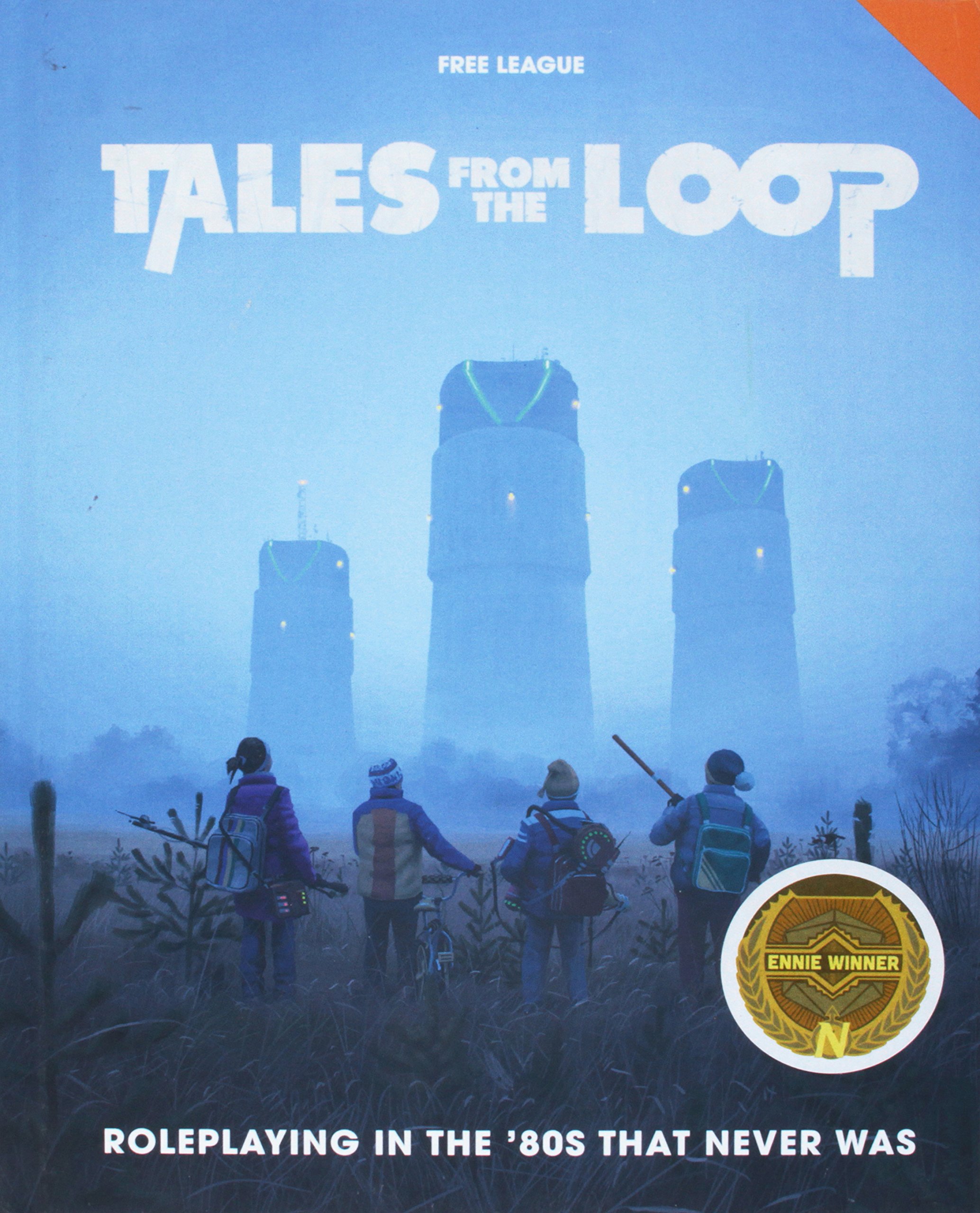Kickstarter has transformed the tabletop gaming scene, both with board games and roleplaying games. It’s absolutely true that the industry is thriving and Kickstarter has been a big part of this, but it has not come without costs and complications.

Retailers aren’t finding as much joy in Kickstarter as publishers and customers are. In many cases, Kickstarter and Indiegogo campaigns cut out the retailer, allowing customers to buy or back directly from the publisher. The success of crowdfunded games also makes it very hard for retailers to manage inventory, with so many new products and people’s buying habits changing in response.
Then there’s the ethics issue. First Kickstarter’s management disallowed a Nazi punching game, then they seemed to fire employees who had been trying to arrange a union in response. More recently repeating their belief that a union is wrong for the company.
Evil Hat Publishing was so alarmed that they put their Agon Kickstarter on pause, only returning cautiously to the platform because the fledgeling union insisted they didn’t want a boycott. Newcomers Broken Dice, on their very first Kickstarter, even saw the need to comment on the controversy.
Publishers are clearly watching the situation at Kickstarter, and some are worried.
But is there an alternative?
FIlip Lončar of Ordoalea Publishing may have found one. You might think of it as “buyfunding” because you can pop over to DriveThruRPG and buy Domains Horror Roleplaying System Core Rulebook right now.
It’s only a few bucks. You can use Domains Horror right away to play a game. Yet, it’s not finished. Lončar estimates it’s only 15% funded, having enjoyed 450€ of sales on a 3000€ target.
Free updates makes buyfunding possible
Lončar’s model relies on a nifty feature of DriveThruRPG. Once you’ve made a purchase there, then all updates to your PDF are free.
When publishers tweak their book in response to customer feedback, fix typos or add in an index, then DriveThruRPG automatically emails everyone who’s bought a copy. Each email contains a personalised link to download the upgraded copy.
As a result, Lončar can release a playable but lightweight product on the system and promise customers that if there are enough sales, then there will be improvements to the game.
There is a downside. This is an adaptation of DriveThruRPG’s retail platform, and there’s not the same transparency as on Kickstarter. It’s hard to tell just how well Domains Horror is selling, and supporters just have to trust Ordoalea Publishing.
Is buyfunding any easier for publishers to manage?
Kickstarter campaigns can be intense, but most are over in 30-days. Buyfunding has the potential to last months or, if sales come more swiftly than expected, pile on immediate pressure to write more.
I put this question directly to FIlip Lončar.
It’s early days yet, but how stressful have you found ‘buyfunding’ Domains Horror on DriveThruRPG?
While it’s just as stressful as any other job, the worst thing is the daily checking of the progress and then updating it over the various sites and social media to keep everyone up to date with the sales. It’s honestly nervewrecking having to keep in mind that you have to be the one doing the “transparency” yourself, always thinking: What if I don’t update fast ‘nough?
I understand that you adopted this model due to complexities with crowdfunding rules in Croatia. Can you explain?
Well it’s quite simple. Croatia is NOT within the allowed list of countries to start a Kickstarter from. Also due to the fact that I DO have a day job, and I want to do all of this legally, I would have to pay exorbitant taxes on every transaction I make. Meaning that if I put the money form the KS on my account, I have to forfeit some 67% of all of the earnings I have. Which isn’t a problem, but I can’t pay the editors and artists that way.
How did you work out the pricing for Domains Horror? Right now, purchasers who buy the game only pay 4.99€, but people who discover the game once it’s finally finished will pay 9.99€?
I was told not to do that honestly. But I felt guilty for putting an unfinished product without any coverage on the market. The cost was calculated by taking into account the money I need to fundraise, the estimated amout people are willing to give for an indie game, and the fact that I’m an “unknown studio” so far. The price was then decided to be 4.99€ (less than 5€ for the algorithms), which would net me 3.49€ after the 30% platform cut. So with that I only need 980 purchases to be 100% funded. Right now as I’m writing this I’m nearing the 16% mark, and I will once again put my own funds on my paycheck to help boost the product.
Also the full cost of such a game in the industry is 10€ so I lowered it once again to be under 10€ and to keep a competitive price without undercutting anyone. This also goes towards my idea of inclusiveness, hoping to tell other indies that it’s ok to price their games accordingly!
What does DriveThruRPG think?
I quickly checked in with DriveThruRPG about their position on buyfunding. Do they like it? Do they discourage it?
In short, they’re fine with the approach and are happy to see publishers experimenting with different models.
However, the recommendation is that publishers start with a PDF first, even something basic with no art.
Evil Hat has done something similar with Fate Accessibility Toolkit. As it happens, Geek Native reviewed the toolkit when it came out, and I don’t think it’s been updated since. That particular ‘buyfunding’ experiment has become a Gold Best Seller, and so updates seem likely. Although Evil Hat has put neither a structure nor a timeline to the project, just a general commitment.
Creative Commons credit: Merchant from Babelheim by Shoichi Furumi.


